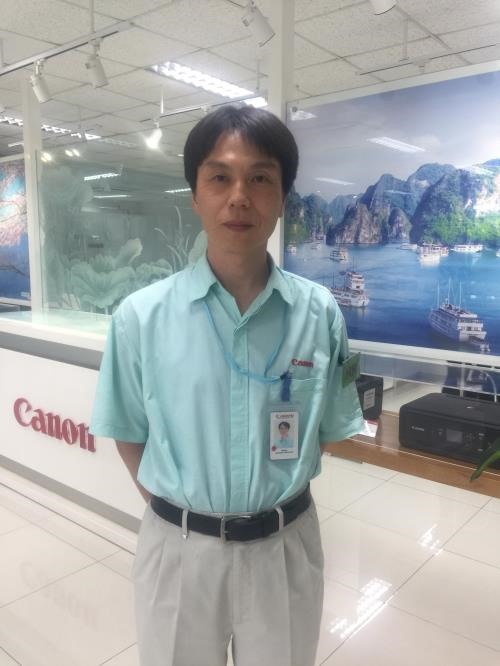 Economy
Economy

It has been 30 years since Việt
It has been 30 years since Việt
A World Bank expert and representatives from foreign direct investment (FDI) enterprises, including Coca-cola and Canon, have made comments on the country’s 30 years of progress in attracting FDI
 |
| Sebastian Eckardt, World Bank |
Sebastian Eckardt, World Bank’s Lead Economist for Việt Nam
Việt
It also contributed to increase Việt
Việt
I think there is still more on the agenda in terms of moving to the next level of attracting different types of FDI, diversifying across the value chain and particularly moving into the higher-value component of the value chain, being R&D or downstream like marketing and brand development. That would add a lot more value and would generate higher benefits for the economy.
Việt
We know that technological progress is of course a good thing, and like the other industrial revolutions it will actually improve life for millions of people, but it is important to prepare people with the right skills so they can find jobs and productive employment that complement these technologies rather than compete with technology. So I think investing in good education, especially science-technology and math education, is important because those are really the skills that I think will be in demand in the future.
 |
| Sanket Ray, Coca-Cola Vietnam |
Sanket Ray, general director of Coca-Cola Vietnam
Việt
As a foreigner investor in Việt
We believe that foreign investors should be further supported by Việt
In order to strengthen the linkage between FDI enterprises and domestic enterprises, we need to build the support of and commitment from both parties.
Vietnamese enterprises must upgrade their technology and absorption capacity to improve their capacity. Foreign enterprises should actively create favorable conditions for Vietnamese enterprises to have a chance to increase their participation in the value chain.
Currently, there are more than 500,000 small and medium enterprises (SMEs) operating and contributing significantly to the overall economy of the country. However, SMEs still face many challenges and need support to upscale their operations, leverage technology and develop their human resources and management skills.
Vietnamese enterprises must actively connect and change the technology as well as develop their human resources and management skills and products to meet the requirements of FDI enterprises.
 |
| Keisuke Taniguchi, Canon Vietnam |
Keisuke Taniguchi, deputy senior general manager of Administrative Centre, Canon Vietnam
We highly appreciate the efforts of the Vietnamese Government in improving the business and investment environment. In particular, the Government has recognised and abolished some administrative procedures that save time and money, such as taxation, e-customs and social insurance.
The Government should have policies to ensure laws and institutions are stable so that businesses can rest assured of production, while at the same time training and nurturing human resources to provide a stable and high-quality workforce for businesses.
As for technology transfer, we have been transferring technology to suppliers in Việt
In the coming time, with the trend of the Industry 4.0, Việt
In fact, modern machines are used in production but without human control, the system is not operating perfectly. If there is high-skilled workforce, Việt




